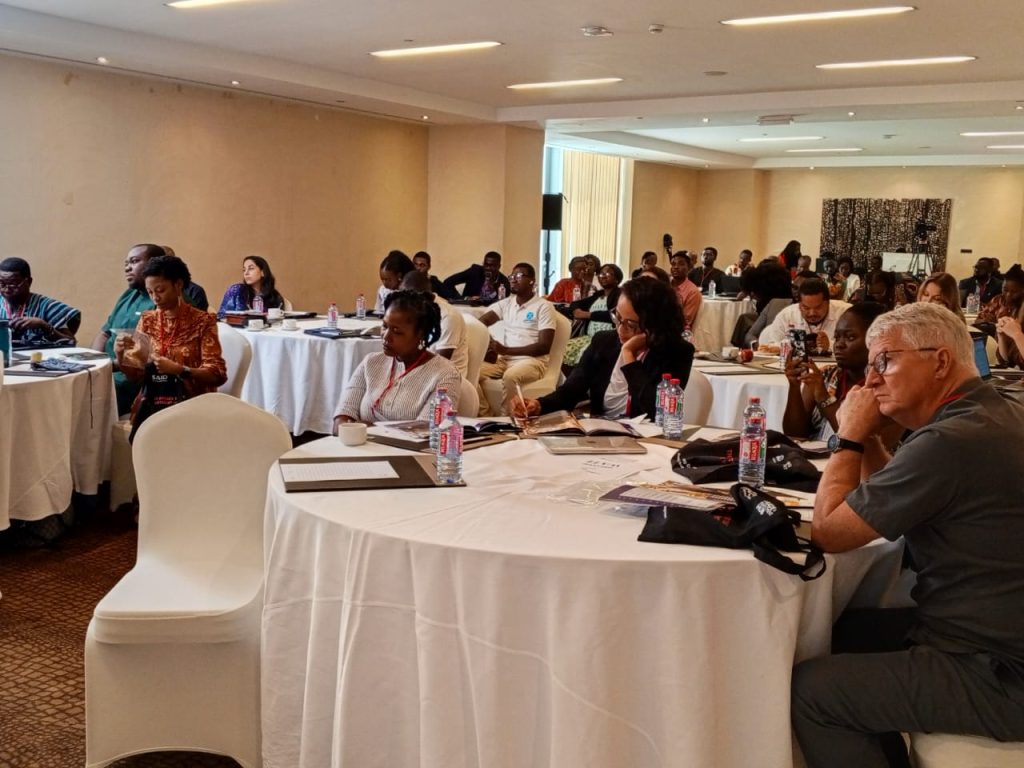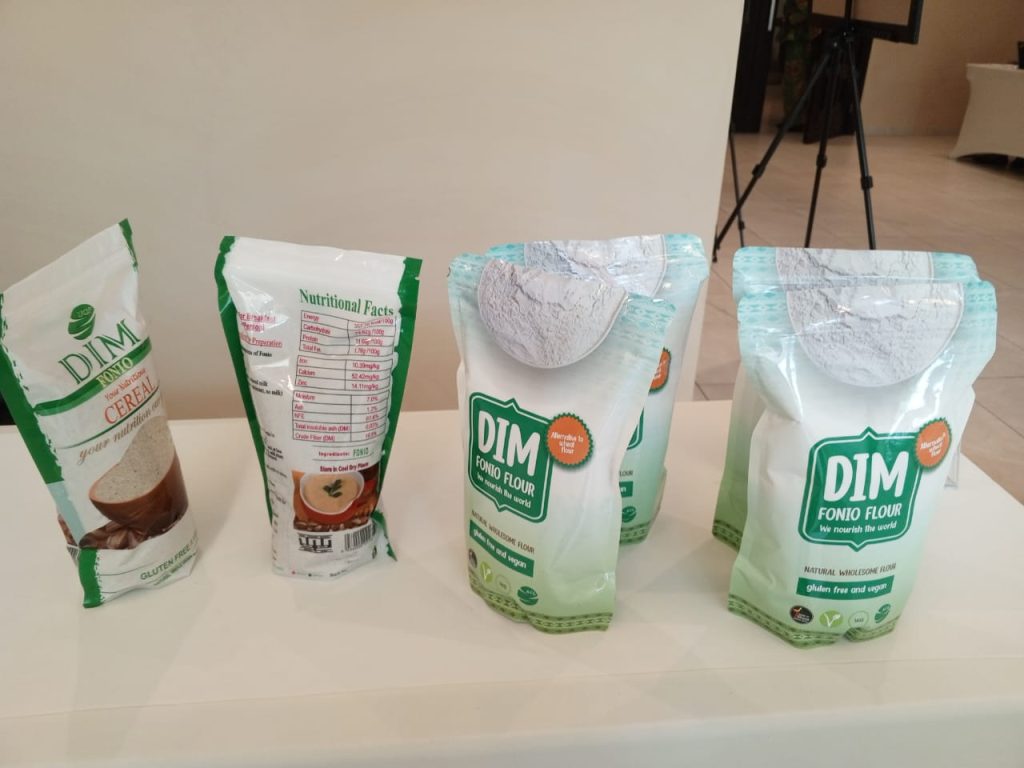By Albert Oppong Ansah
Accra, Mar. 01, GNA – Some business operators within the food ecosystem in the Mion district and some communities in northern Ghana say intermittent power outages and bad roads are affecting food production.
The situation, they said, had not only been causing damage to their machinery and limiting optimal production, but becoming a threat to nutrition and food security.

The business operators said this at the West Africa Trade and Investment Hub meeting, which saw business owners, investors, people from the agribusiness community and officials of USAID sharing their experiences on farmers’ needs, business strategies, financial support and needed infrastructure.
Supported by the U. S. Agency for International Development (USAID), the meeting focused on the driving impact of food security and trade, particularly in communities across northern Ghana.
During a panel discussion on “Strengthening Food Nutrition and Security in Northern Ghana”, Madam Salma Abdulai, Chief Executive Officer, AMAATI Company Ltd and producer of Fonio flour, said the intermittent power outages were killing their businesses, adding that in a week, the lights could go off for about 65 times and there could be ten outages in a day.
“The government needs to put in place a sustainable supply of electricity in our enclave. Our huge investments in creating jobs and producing food are threatened. This problem is making industry in the north not competitive,” she said.
Madam Abdulai said they had reported their concerns many times to authorities, but the situation had been persistent, however, she said a reliable power and good road network could help turn northern Ghana into an industrial hub.
“Road infrastructure is key to our development. Some of the communities are cut off when it rains because our roads are not in good shape. Sometimes, our bridges are totally cut off. Our combine harvester could not ply the roads and we missed our harvest time,” she said.
Madam Dora Torwiseh, Chief Executive Officer of Nuts for Growth, who had engaged 21,000 women in soya production, said, infrastructure development, including good roads linking communities, would increase the value of goods and services.
She said they needed some equipment like the shea mill to help scale up their work and in addition, some improved and imported seeds for more quality yield for both the local and international markets.
Madam Torwiseh said her source of finance had always come from a domestic source with a high-interest rate, however, with funding support, technical insights and networking from the West Africa Trade and Investment Hub, the Company had created much value and impacted the lives of the women involved in the production.
Mr Robert Wheeler, Chief of Party, West Africa Trade and Investment Hub, said the event showcased contributions the West Africa Trade and Investment Hub had made in Ghana, specifically by investing $8.5 million in areas like agribusinesses with private sector companies.
He said such collaboration had spurred economic growth, expanded trade, and created investment opportunities while fostering sustainable employment, particularly for women and youth and enhancing resilience to climate change.
The West Africa Trade and Investment Hub was launched in 2019, it has used a blended finance approach to fast-track 93 private sector investments across West Africa.

In Ghana, it has used the blended financial model to engage in projects of eight private sector co-investment partnerships resulting in $43.7 million mobilised in private investment, $96.1 million generated in exports, 20, 647 jobs created and 82, 685 participants, including smallholder farmers reached.
GNA